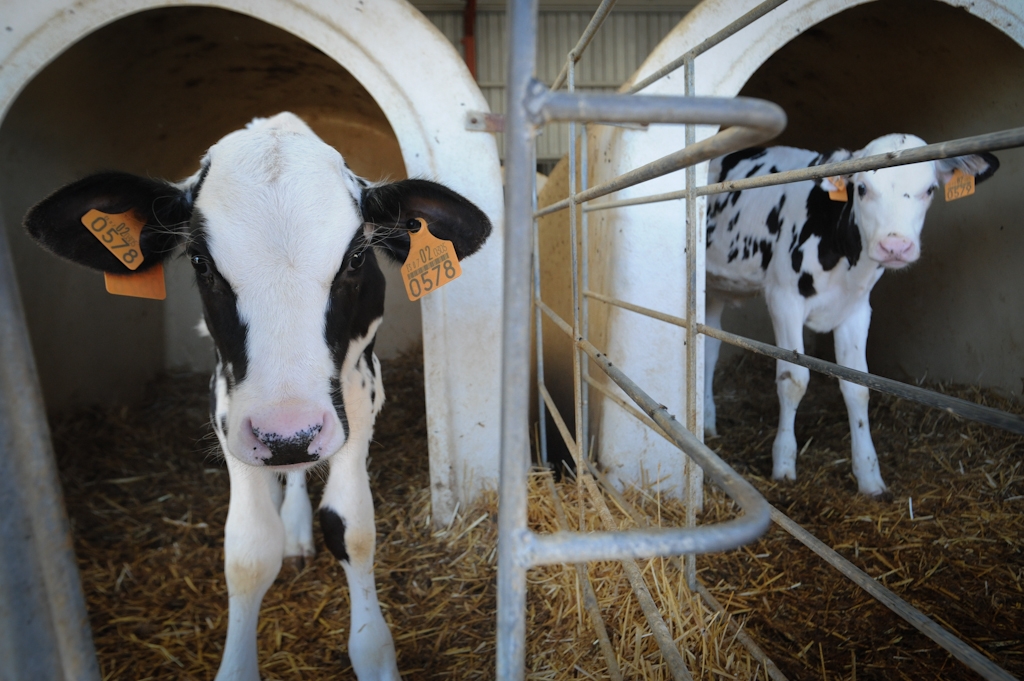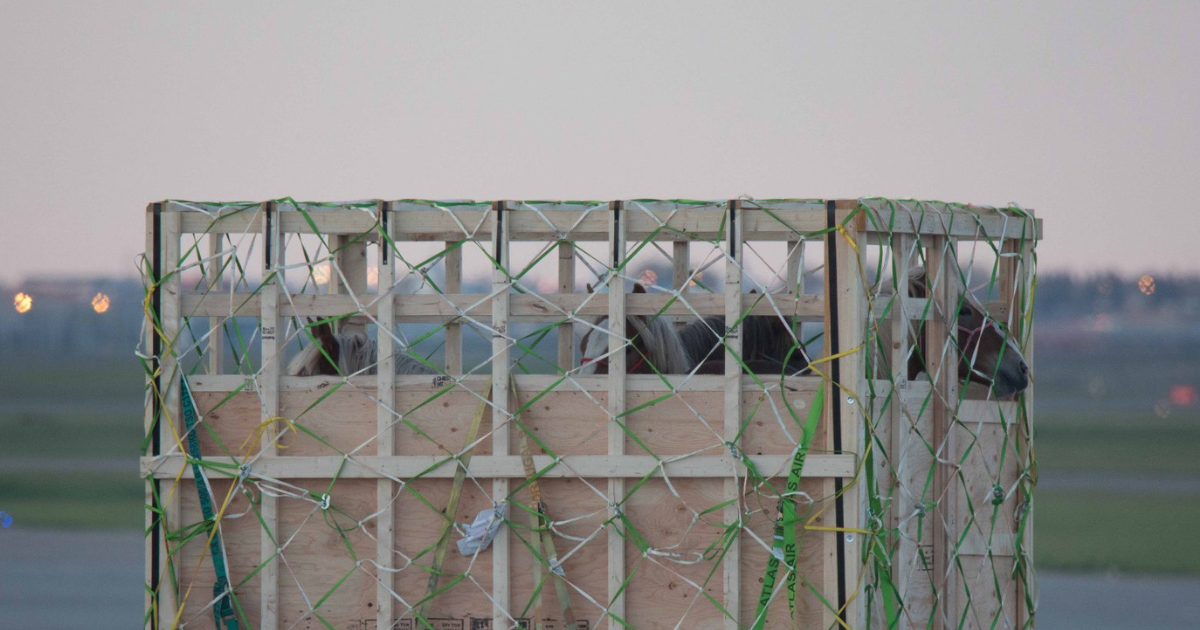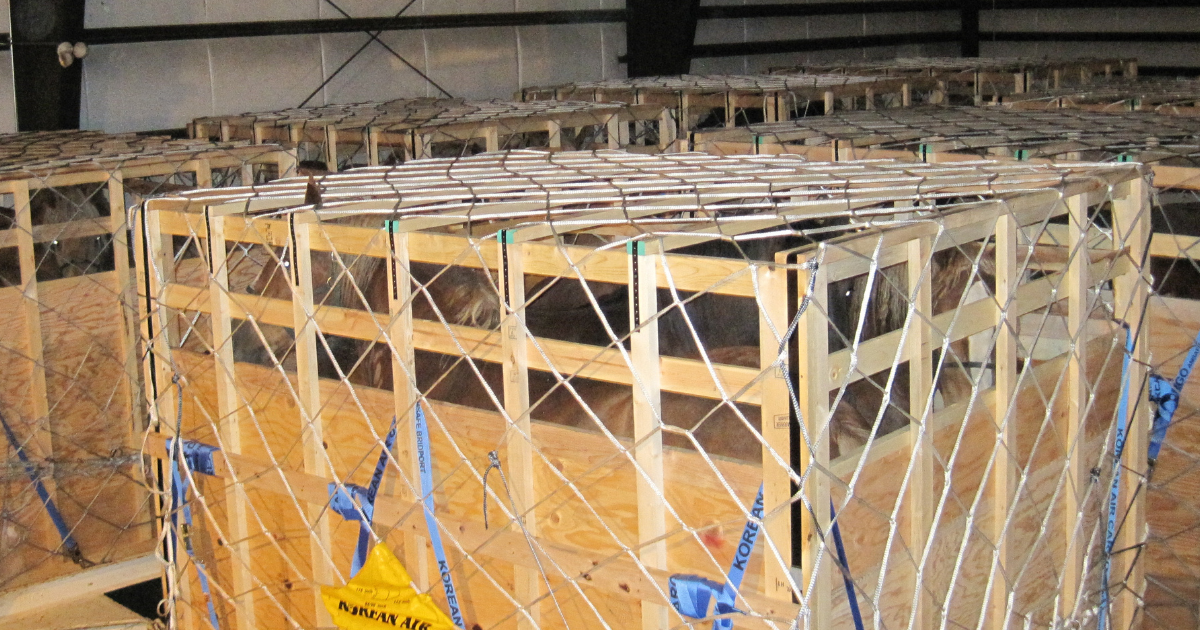How the Proposed Veal Code of Practice Fails Calves and What You Can Do to Help
Calves used by the Canadian veal industry endure tremendous suffering. These babies are stolen away from their mothers shortly after birth, then isolated in tiny crates with hard, barren floors—denying them every natural instinct and urge.
The National Farm Animal Care Council—the industry group that creates guidelines for the treatment of animals in Canada—has released a new draft code of practice for veal calves, and it is open for public comment.
Now is the time to speak up for calves. Please take a moment to send in your comments before the February 14 deadline!
The draft guidelines do not require farmers to follow many animal management practices that the latest welfare science indicates are the bare minimum to reduce suffering. Indeed, the science summarized by the Council’s own scientific advisory committee is too often unheeded in the draft guidelines, indefensibly sacrificing animal welfare for farmer convenience.
Some specific shortcomings with the draft guidelines include:
The draft guidelines permit calves to be isolated, even though the evidence (and common sense) is clear that calves crave social contact. Like all newborn babies, veal calves are biologically motivated to seek warmth, comfort, and social interaction. Taking calves from their mothers and isolating them from each other is cruel.
The draft code of practice permits farmers to keep calves on hard, barren floors. In addition to being uncomfortable, the scientific report indicates that hard flooring and/or a lack of bedding is also associated with a wide range of injuries and health problems.
Bursitis is painful joint inflammation, commonly caused by hard flooring in veal calf facilities. Despite it being a common, painful, and preventable condition, the draft guidelines only require addressing environmental issues if three consecutive groups of calves exceed a 15 percent rate of bursitis.
The scientific report indicates that if calves were left with their mothers, they would nurse ten times each day in the first week of life. The frequency would gradually decrease until natural weaning around nine months. The scientific advisory committee identified numerous serious health problems with a low frequency of daily feedings, yet the draft guidelines require only two feedings per day—a frequency that research has clearly associated with suffering.
Like all newborn babies, calves are born with a physical and psychological need to suckle. The scientific advisory committee identified numerous benefits associated with suckling on teats vs drinking milk from buckets, observing that “calves are highly motivated to suck.” Despite this, the draft guidelines don’t require the use of teats, suggesting only that farmers “consider” using teats.
The scientific advisory committee found that calves with average blood haemoglobin of ≤ 4.8 mmol/L (7.7 g/dL) were anemic, negatively affecting their appetite, growth, energy, and immunity. However, the draft guidelines only require iron supplementation when calves are “found to have” blood haemoglobin below 4.5 mmol/L (7.2 g/dL)—at which point the calves would be severely anemic. Moreover, farmers aren’t even required to actually monitor blood haemoglobin!
*
As legal experts in animal law, we at Animal Justice make it our mission to identify and explain the many ways our animal welfare laws fail animals. With your help as concerned and engaged citizens, we can push to improve laws and policies.
However, consumers should remember that suffering is inherent in veal farming. Calves are literally waste products of the dairy industry, as cows must be impregnated to produce milk. These babies have been taken from their mothers within hours of birth, causing immense distress to both mother and baby. As together we move the ball forward on legal protections for animals, we consumers always have the power to vote with our wallets by boycotting industries that harm animals.
Photo by Jo-Anne McArthur / We Animals




